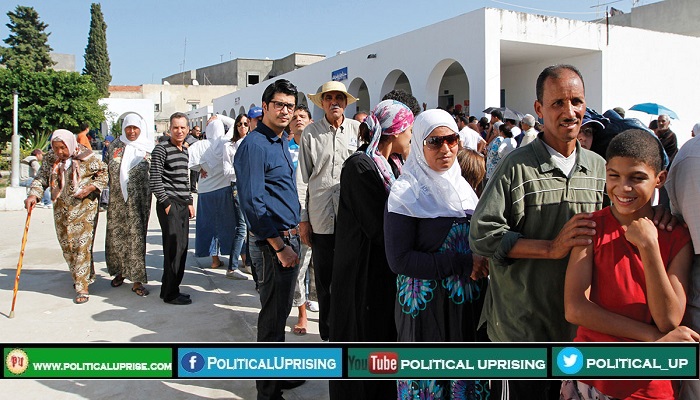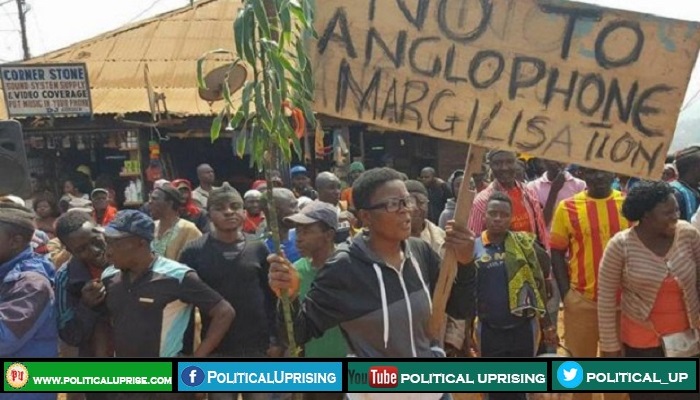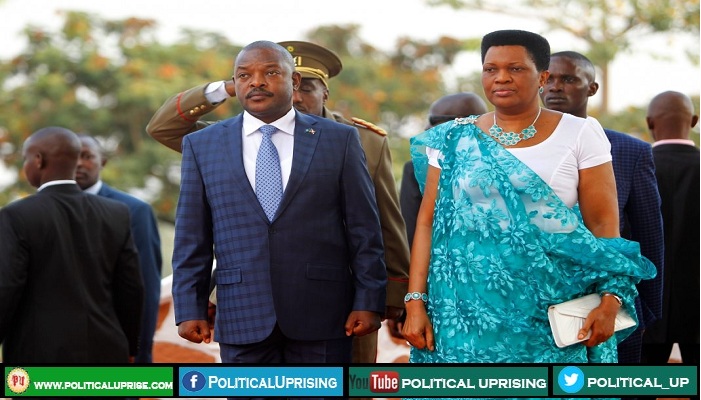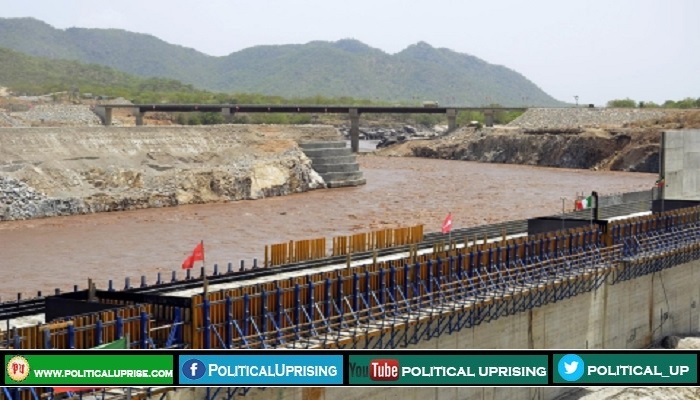Tunisia Presidential candidate has halts campaign by saying it would have created an unfair advantage over his jailed opponent media magnate Nabil Karoui.
The independent academic cited “ethical reasons” for halting any active campaigning for the October poll, Tunisian state news agency reported.
Saied said he wanted “to remove the ambiguity related to the lack of equal opportunities between the two candidates”.
Karoui has been imprisoned since August 23 on allegations of money laundering and tax evasion. His supporters claim he was jailed on the eve of the elections for political reasons as he was leading the polls.
On Friday, interim President Mohamed Ennaceur said in a brief televised statement that the authorities needed to find “an honourable solution” to the issue.
“One of the two candidates who won the first round is in prison and does not have the freedom to campaign or speak to his voters,” he said. “We will continue to ask all officials to find an honourable solution that respects the judiciary to overcome the unusual and strange situation.”
The country is set to return to the ballot box on Sunday to elect a new parliament.
Roughly seven million voters are eligible to vote in the election, the second since Tunisia’s adoption of a new constitution in 2014 and the third since the 2011 uprising that toppled long-time ruler Bin Ali.
More than 15,000 candidates, running on more than 1,500 lists, are competing for 217 seats. But the high candidate turnout is not expected to be matched by voter engagement.
With the death of President Beji Essebsi in July, the presidential polls were brought forward from November, sandwiching the October 6 legislative vote between two rounds.
“The majority of people are completely uninterested in the legislative elections,” said candidate Ghazi Mrabet.
In a first for Tunisia’s fledgling democracy, debates were held between candidates before both the presidential and legislative elections, with the former drawing significantly more viewers.
But while voters may be more interested in who becomes head of state, it is parliament that is responsible for tackling the main issues preoccupying Tunisian society.
The rejection of the ruling political class in the September 15 presidential vote was rooted in frustration over a stagnant economy, high unemployment, failing public services and rising prices.
Observers expect voters will use the legislative poll to reinforce their choice of political outsiders in the presidential race.
A strong performance by Karoui’s Qalb Tounes party in the parliamentary election could boost the media tycoon’s chances in the presidential run-off.
For his part, Saied has shunned the party system and offered no endorsements, leaving parties to court his diverse array of supporters.
Tunisia presidential candidate Kais Saied has halts election campaign.



